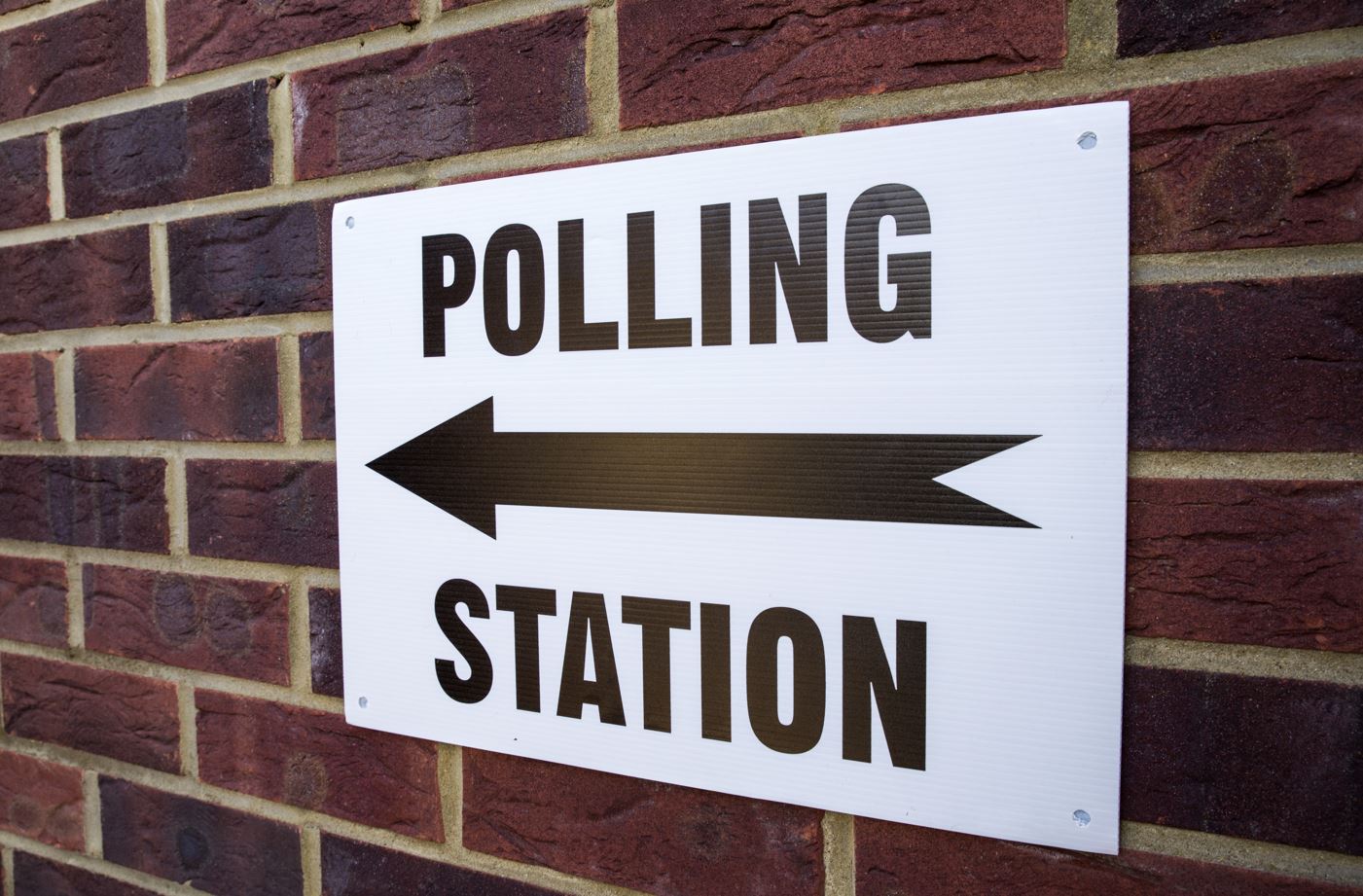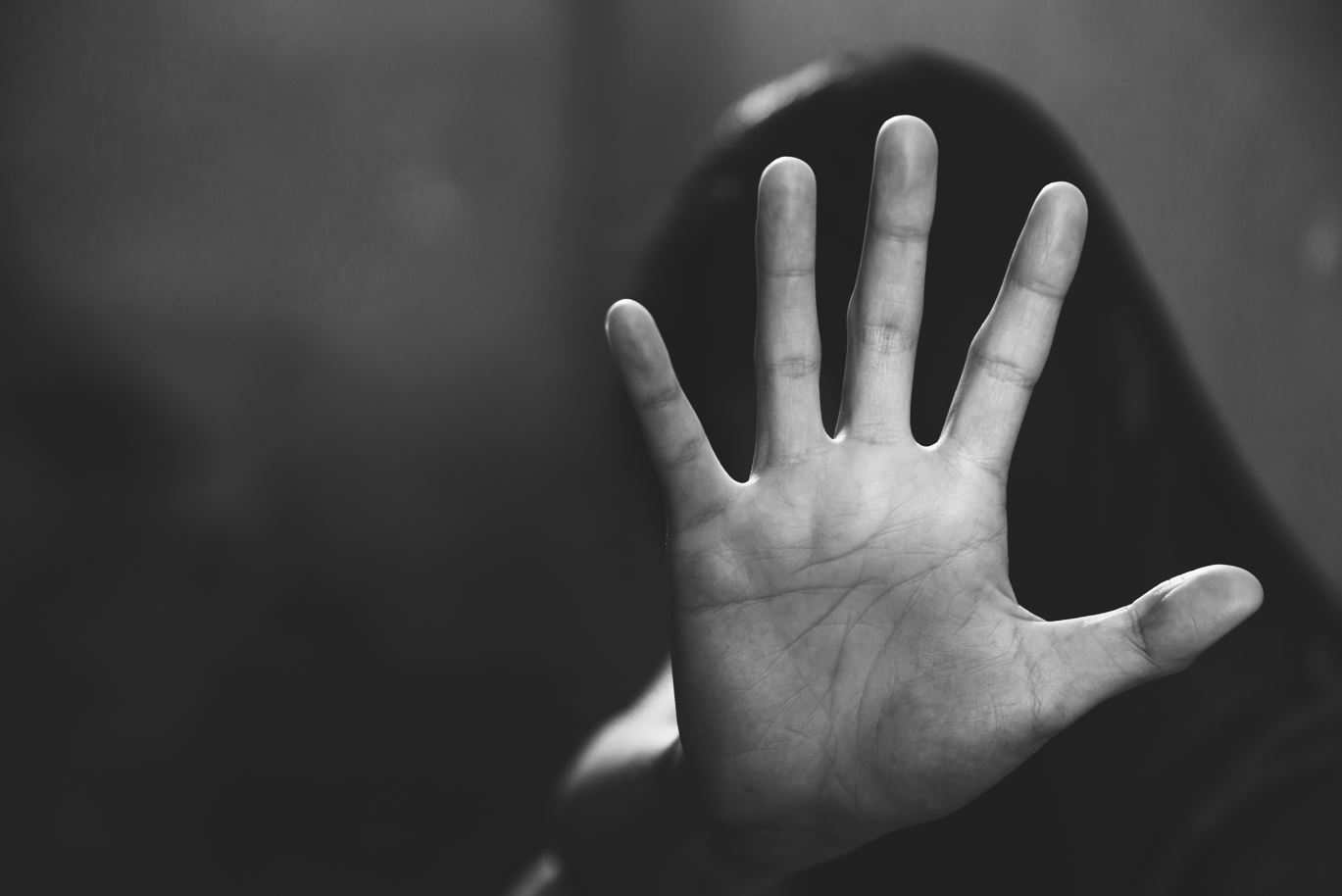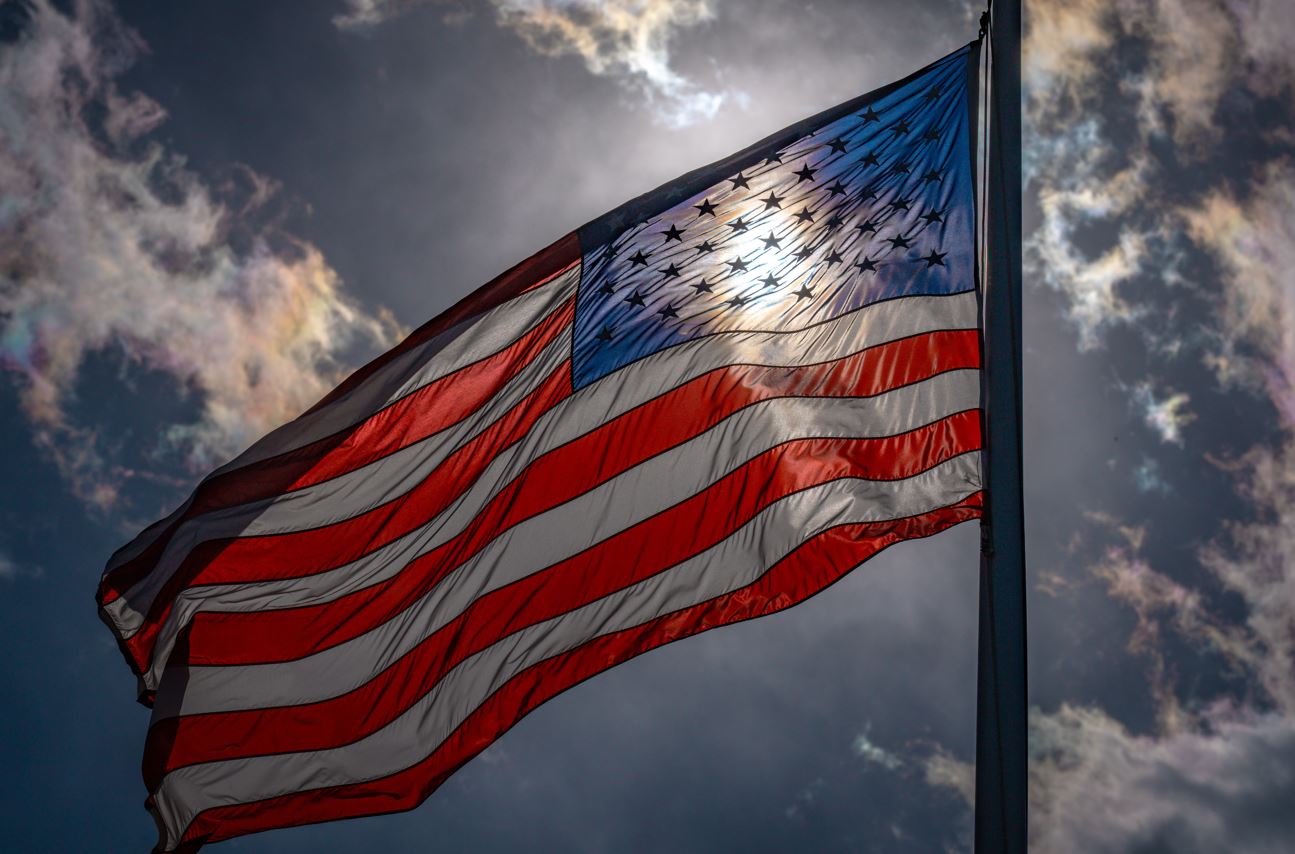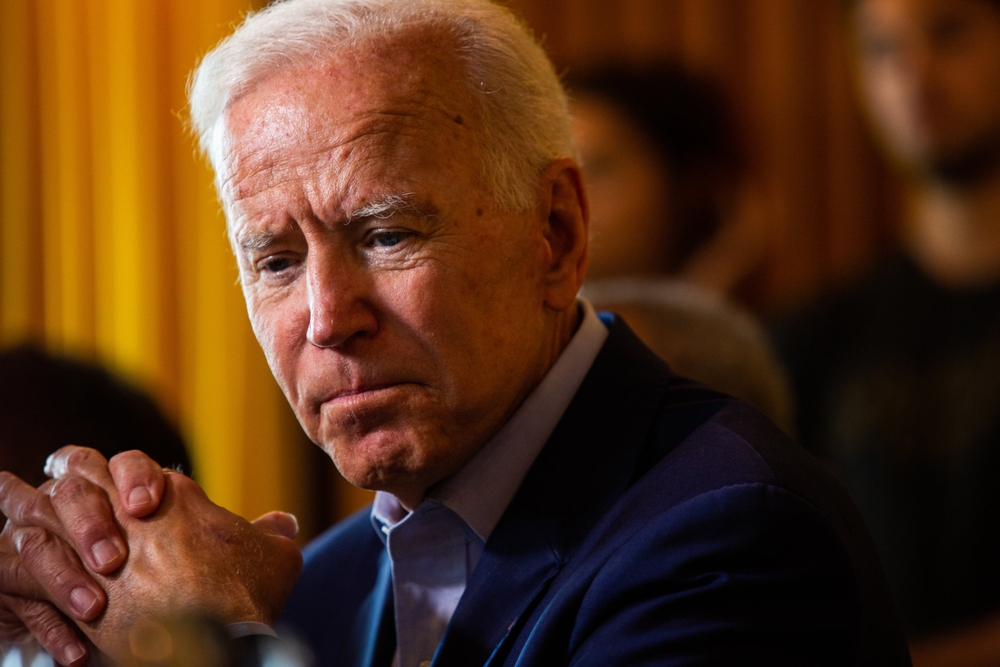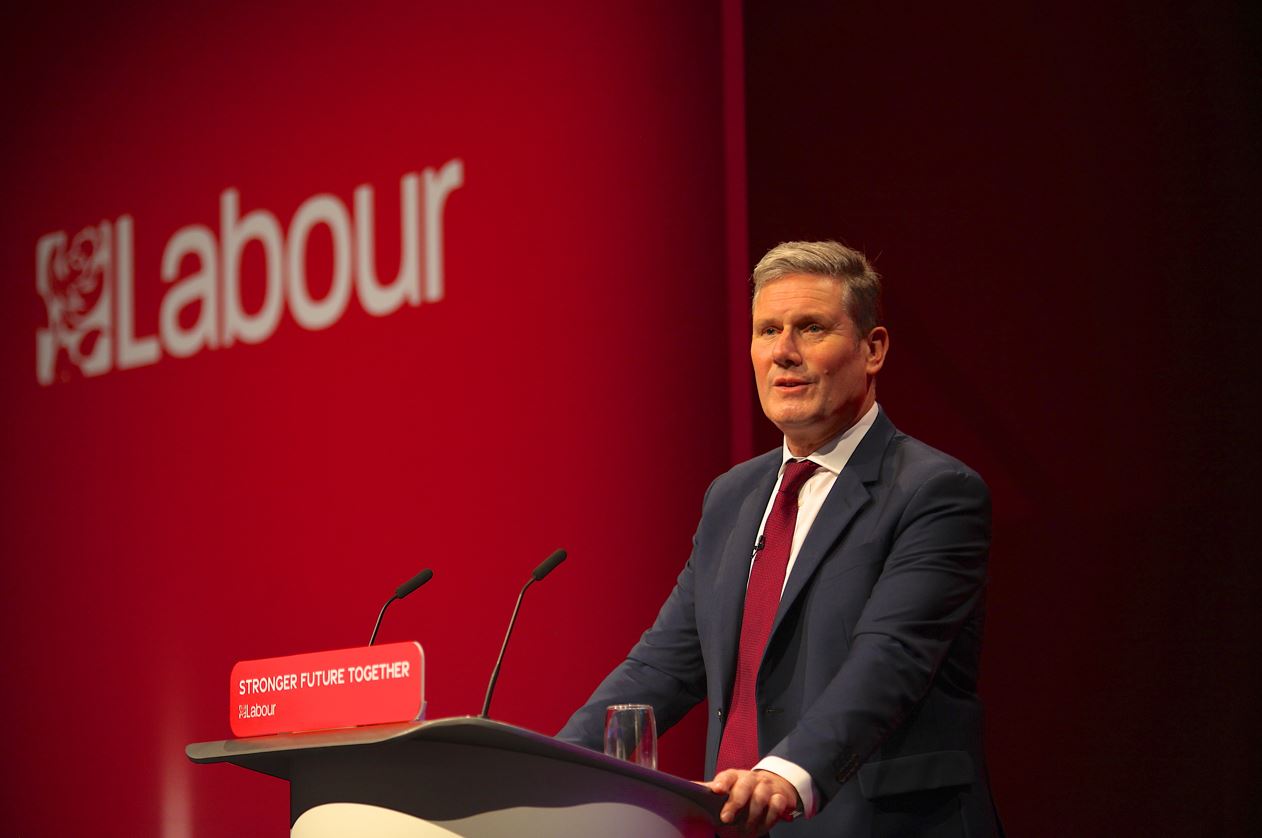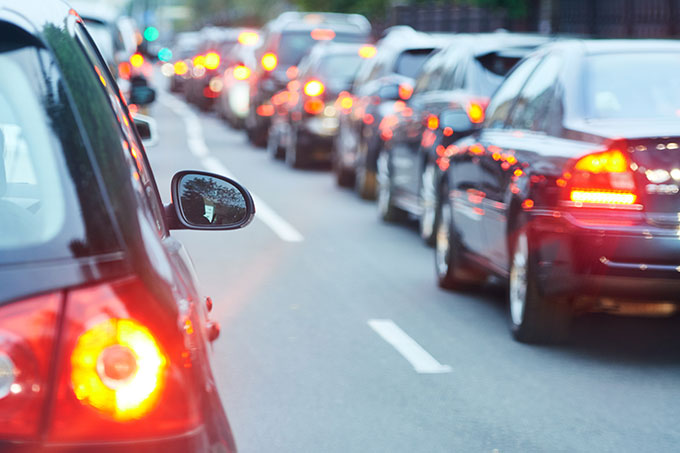Ralph Norman discusses Lord Raymond Plant and his contribution to recent discussions of the place of religion in politics.
Local Elections 2025: a crucial ‘temperature check’ for Labour, Tories, and Reform UK
Dr Demetris Tillyris explains how the upcoming local elections could tell us more about the current UK political landscape. This May’s local elections are not just a routine round of […]
International Women’s Day and Domestic Homicide
Dr Sofia Graca discusses a parliamentary debate on women’s rights and safety ahead of International Women’s Day. Yesterday I attended the parliamentary debate on International Women’s Day. I had the […]
Musk, Trump and the International Space Station – who really benefits?
Dr Sarah Lieberman and Dr Laura Cashman discuss the role of the International Space Station (ISS) and what this could mean for strategic partners following Space X Fonder Elon Musk’s call to crash ISS into the Antarctic seas.
How the US election could shake up global climate action
Natalia Slobodian discusses the US Presidential Election and how the outcome could impact climate change action.
Shootings, forgetfulness, and laughter: Unexpected turns across the pond.
Dr Sarah Lieberman discusses the upcoming US Presidential Election following Joe Biden’s exit as the Democratic Candidate.
Labour’s victory: ruthless caution, strategic ambiguity, and the spectre of the far right
Following last night’s landslide victory for the Labour Party in the General Election, Dr Demetris Tillyris discusses the challenges ahead for Sir Keir Starmer’s government.
Social media and the general election: will users experience a different election to non-users?
Dr Susan Kenyon reflects on the impact of social media on the 2024 general election and asks if the social media savvy will experience a different election to those who avoid social media.
Sunak, our car addiction and the mobility myth
Dr Susan Kenyon explains why the government’s association of freedom with car ownership is such a powerful vote winner.

